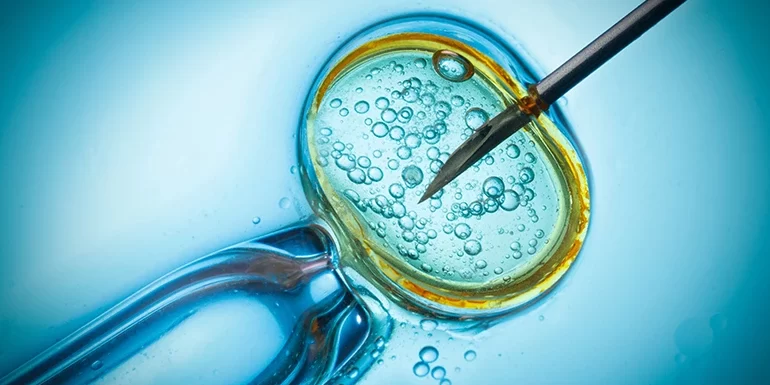Maya Angelou once wisely said, “Do the best you can until you know better. Then when you know better, do better.” In medicine, advances in technology have allowed us to transform this advice into reality, empowering us to provide better care and outcomes.
Decades ago, a cancer diagnosis—whether involving solid organs (like the breast, ovary, or testes) or blood cancers (like leukemia)—was primarily a fight for survival. Fertility preservation was a distant concern. However, remarkable advancements in pharmaceutical research and medical technology now enable us to offer cancer patients more than survival; they are empowered to envision and create their future families.
Understanding the Impact of Cancer Treatments on Fertility
Cancer treatments, including surgery, chemotherapy, and radiotherapy, can significantly impact fertility. As patients live longer after a cancer diagnosis, addressing fertility preservation has become crucial. With breakthroughs like in-vitro fertilization (IVF), a technology that began with the birth of the first test tube baby, Louise Brown, in 1978, options have expanded for cancer patients to safeguard their fertility.
Fertility Preservation in Women
For women, fertility preservation largely depends on the type of cancer, its stage, and the urgency of starting treatment. Collaborative care between oncologists and reproductive endocrinologists now provides patients with various options:
-
- Egg and Embryo Freezing: Women without a partner can undergo an IVF stimulation cycle to retrieve and freeze eggs. Women with a partner may choose to fertilize retrieved eggs with their partner’s sperm and cryopreserve embryos.
- Ovarian Relocation: In cases where malignancies spare the ovaries but threaten the abdominal-pelvic area, ovaries can be surgically relocated to a safer region to protect them from treatment effects.
- Ovarian Tissue Cryopreservation: For prepubertal girls, ovarian tissue can be frozen for future use. Transplanting this tissue back into the patient is an emerging procedure that holds great promise.
- Third-Party Reproductive Options: For women who lose their uterus or ovaries, options include using a gestational carrier to carry cryopreserved embryos or undergoing donor egg IVF to carry a pregnancy themselves.
At Medical Art Center, we offer various state of the art preservation methods based on the need of our patients.
Fertility Preservation in Men
Spermatogenesis begins at puberty, and options for fertility preservation in prepubertal boys remain limited. However, conversations about future fertility should occur early when children face gonadotoxic treatments.
For pubertal males, semen samples can be collected and cryopreserved before undergoing chemotherapy, radiotherapy, or surgery. Testicular sperm extraction is another option for some men. Counseling can help manage the anxiety associated with this process, allowing patients to proceed confidently. Sperm preservation methods are also offered at Medical Art Center at patients discretion
Advances and Challenges
Emerging treatments like immunotherapy are transforming cancer care, especially for solid tumors. However, their long-term impact on fertility is still under study. Patients of reproductive age are advised to use effective birth control for at least five months after immunotherapy to allow toxic substances to clear.
Stem cell therapies for blood cancers have shown remarkable success in remission and survival. However, the ablative radiation or chemotherapy preceding these treatments can profoundly affect fertility. Exploring fertility preservation options early is critical.
Legal and Ethical Considerations
As fertility preservation advances, legal and ethical questions have emerged. For example:
-
- What happens to embryos if the genetic parents separate?
- Who holds legal guardianship of embryos?
- How should facilities manage cases of non-payment for cryopreservation services?
Addressing these complexities requires collaboration between medicine, technology, and legal practice to create ethical solutions.
A Hopeful Future
Medicine continues to evolve, offering better outcomes for cancer patients, including the chance to build families after treatment. If you or a loved one face a cancer diagnosis, know that there are options and resources to help preserve fertility.
Remember, there is so much to live for—keep fighting.







